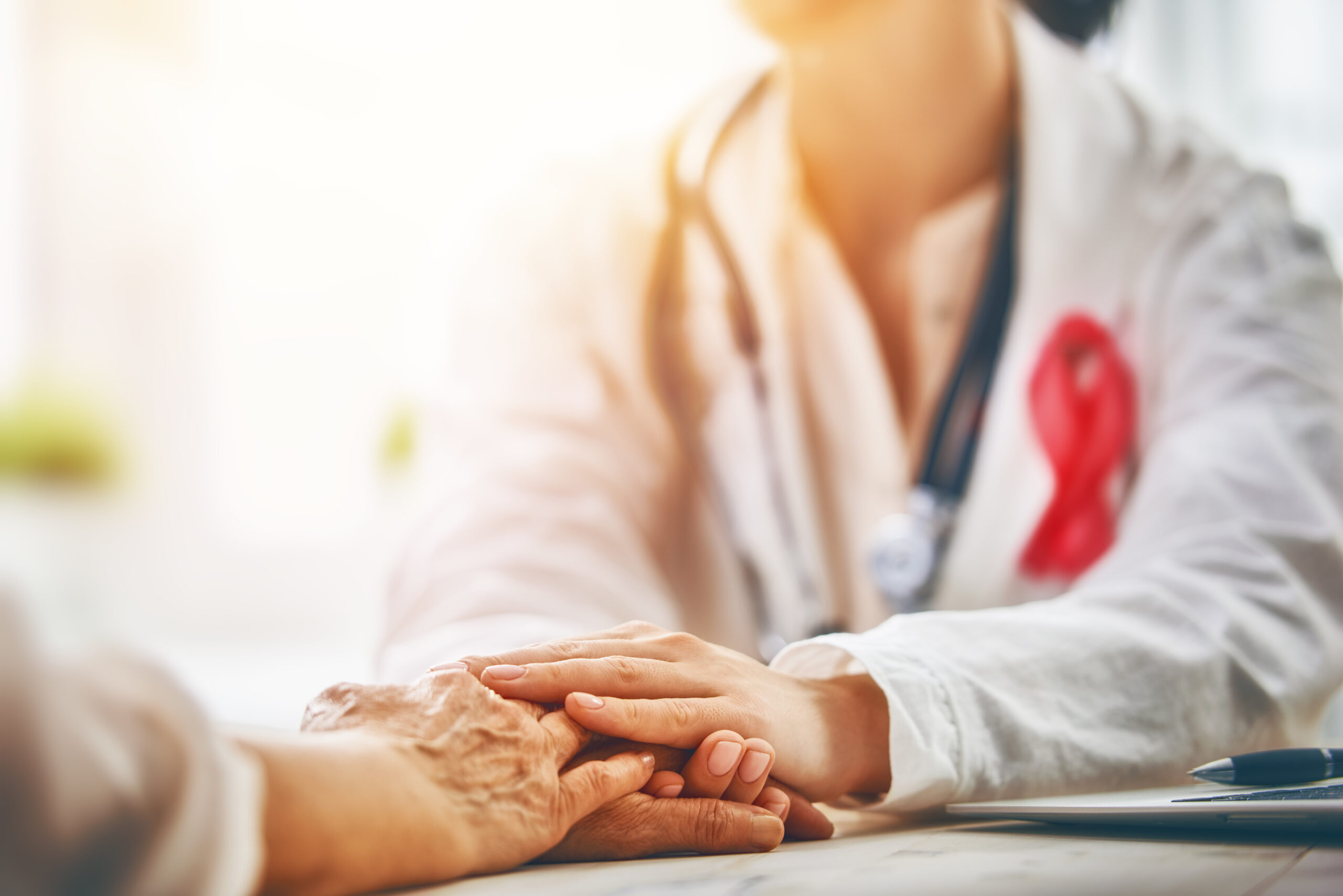Studies done by the AICR have shown that up to one third of the most common cancers in the United States are in fact preventable. While it’s impossible to prevent all cancers, it’s important to be armed with the facts so you know how you can reduce your risk factors. 
February is National Cancer Prevention Month, and we’re sharing some tips with you so you can be the healthiest version of yourself and help prevent cancer.
Stay active
Keeping yourself in good shape is key to staying healthy. Talk with your provider to see what a healthy weight is for you. If you are not currently at a healthy weight, come up with a balanced plan, including nutrition and exercise in order to achieve it.
Being overweight comes with a host of health issues associated with cancer. It’s even estimated that 1 in 20 cancer cases are caused by excess weight.
Cancers associated with the bowel, uterus, esophageal, pancreas, and upper stomach are linked with carrying too much weight. Although being overweight doesn’t mean you will develop cancer, it does increase the chance.
The good news is that if you’re currently overweight, small changes can make a big difference to reduce your risk of cancer.
If you take the bus or train to work, try getting off a stop or two early and walking the rest of the way. If you drive, try parking further away from your place of work.
If you’re new to exercise, take it slow and gradually build up the intensity level. Working out with friends is a great way to increase your motivation and have fun at the same time. Try doing a group workout class in the park or head to a yoga class. Mixing it up and having fun is key to keeping it part of your routine.
Staying in shape by incorporating some activity into your everyday routine is a great way of staying healthy and preventing certain types of cancer.
Eat a balanced diet
While it’s not always easy to eat healthy, there are plenty of simple changes you can incorporate into your diet to keep it as balanced as possible.
Eating healthy not only fills your body with important nutrients but will also help keep your weight at a healthy level.
What does a healthy and balanced diet look like?
- Healthy protein like fish, chicken, and legumes (lentils and beans).
- Fruit and vegetables – try eating lots of different varieties and mixing up what you eat each day.
- Whole grains – choose whole grain bread over white and opt for brown rice, too.
- Increasing your intake of fiber that’s found in whole grains, fruits, and vegetables is a good way of lowering your risk of bowel cancer.
While it’s ok to eat some less healthy food occasionally, try reducing your intake of:
- Alcohol – aim for two or fewer drinks per day for men and one drink or less for women per day.
- Sugary drinks – try drinking more water instead of fizzy, sugary drinks. To make water more interesting, try adding pieces of fruit.
- Red and processed meat – processed meats like bacon are a known cause of bowel cancer, while red meats like beef and lamb are also contributing causes of cancer.
While you don’t have to completely eliminate these foods (unless your doctor says you should), limiting your intake will help ensure that your diet is healthier and more balanced.
Sun
If you have fair skin or easily burn while in the sun, you could be at risk of developing skin cancer.
You probably know how your skin reacts to the sun, and it’s always recommended that you keep this in mind. Take particular caution in the sun if you have fair skin that burns easily, lots of moles or freckles, a history of sunburns, or a family history of skin cancer.
Avoid the sun when it’s at its strongest (usually between 11am and 3pm) and protect yourself with either sunscreen or clothing—even when it’s cloudy. Don’t think you’re safe because of snow, altitude, or being by the water! These factors can actually increase the chance of sunburn.
Tobacco
The most preventable cause of cancer is smoking, which causes a host of health issues and can lead to the development of cancer. Quitting smoking is the best thing you can do to prevent cancer.
Tobacco smoke contains lots of harmful cancer-causing chemicals that enter the bloodstream. The most common cancer associated with smoking is, of course, lung cancer, but it is also related to other cancers since carcinogenic chemicals are easily able to spread throughout your body via the bloodstream.
The more cigarettes you smoke each day, the higher your risk of cancer. Even if you’re not ready to stop completely, reducing the amount of cigarettes you smoke will help to reduce your risk.
Smokeless tobacco is also associated with an increased risk of cancer, including head and neck cancers, tongue cancer, and other cancers.
While stopping smoking isn’t necessarily easy, it’s the best thing you can do for your health. If you’re finding it hard or don’t know where to begin, support is available from your health provider in the form of treatments, counseling, or support groups.
Consult Voyage Healthcare
If you have any questions about how to prevent cancer, or if you would like to talk to a medical professional about how you can become healthier, feel free to book an appointment using our online appointment scheduler!